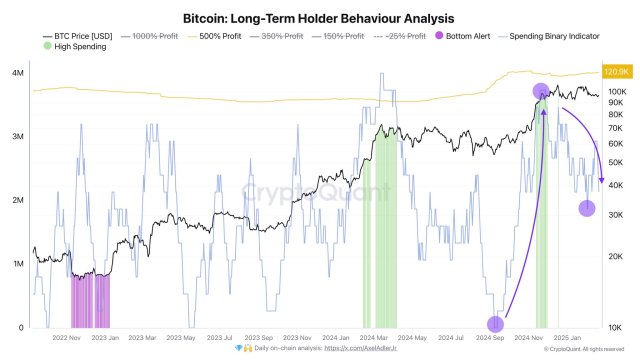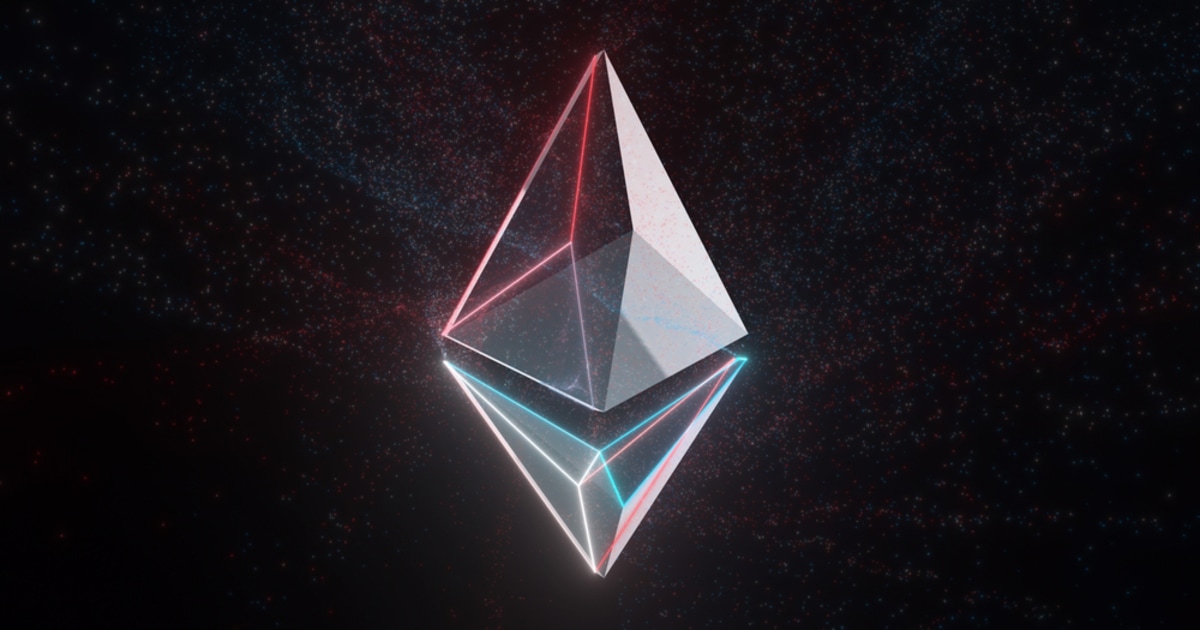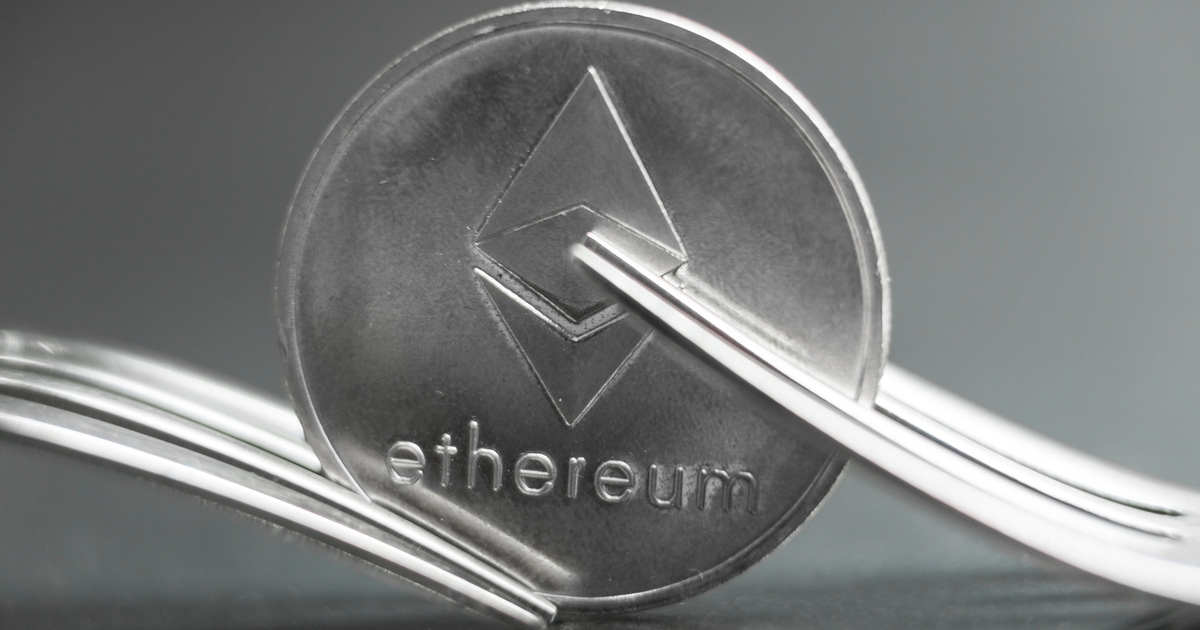
Blockchain is undermining Big Tech companies and cloud providers, particularly when it comes to the Internet of Things.
For decades, banks and insurance firms employed the same mostly static but highly profitable and centralized business models. Also for decades, Big Tech firms such as Facebook, Microsoft, Amazon, Apple and Google have monopolized user data for their profit. However, blockchain projects could significantly challenge Big Tech’s grip on user data.
In 2015, the future of money was at the forefront of financial experts’ minds at the World Economic Forum in Davos. There, they started to seriously focus on the challenges presented by the rise of Bitcoin (BTC), digital assets and fintech. The world of finance began to realize that new technologies were upending everything in the sector, from savings to trading to making payments and cross-border and peer-to-peer transactions.
Then in the summer of 2020 came the decentralized finance (DeFi) renaissance. After a couple of years of seeing an extraordinary rise in this new concept, the machine economy started to take center stage and concern over who should own the world’s new greatest commodity, data.
Thanks to blockchain, we have DeFi, SocialFi, GameFi and a new emerging asset category: machine financialization (MachineFi), or the decentralized machine economy. It enables the owners of the billions of internet-connected devices worldwide to monetize them and developers to build decentralized applications (DApps) that draw device data for monetization.
Related: Nodes are going to dethrone tech giants — from Apple to Google
One obvious question is: Why? Why do devices need financialization or decentralized markets? The answer is quite apparent.
Big Tech has built trillion-dollar empires selling user data. Blockchain can change that by democratizing the data and machine economy.
Historically, machine economies have failed to garner traction due to the infrastructure and capital requirements needed to operationalize them. Blockchain changes that by providing users, businesses and developers with an end-to-end solution to distribute, orchestrate and monetize large numbers of smart devices as part of a unified machine network.
There are currently more than 50 blockchain projects related to the Internet of Things (IoT). There are also several traditional tech companies — such as IBM, Azure, Samsung, Apple, Google and Amazon — that are combining IoT and blockchain to power the burgeoning machine economy.
Single version of the truth
So, as we look back at 2021, we see it as the year blockchains became smart. Oracles introduced a new data source that provided facts about the real world to make them more secure and trustworthy. Agreement on the price of Bitcoin and other crypto assets soon followed, creating a “single version of the truth” that led to the growth of a whole new financial system. DeFi was the foundation for new concepts like peer-to-peer lending and borrowing, and yield farming, which opened new opportunities for investors to earn passive income. Verifiable real-world data became the proof needed for the DeFi revolution.
Everyone in the crypto space knows about proof-of-work and proof-of-stake, evidence provided to the blockchain to receive a reward or permission. If a Bitcoin miner proves they have solved a computationally intensive problem, they become eligible to be the next block producer. For Ethereum, if someone stakes a certain amount of Ether (ETH), they qualify to become an Ethereum validator.
Similarly, a “single version of the truth” from unbiased, secure machines will be proof-of-work done in the real world, creating limitless opportunities for new business models.
Proof-of-anything
What if “proof” could also be generated from regular activities people perform in their daily lives? IoT devices and machines — like those in a smart home, wearables, cameras and autonomous vehicles — have the potential to become “proof providers” that can use blockchain to capture the utility and value that people generate from everyday activities.
Related: Facebook and Twitter will soon be obsolete thanks to blockchain technology
Proof-of-presence could be determined from an asset tracker on a vehicle that feeds real-time GPS location information to a crowdsourced map. In the insurance space, proof-of-health can be provided by wellness data from a wearable, or proof-of-safety can be obtained from driving patterns. Proof-of-humanity helps verify people’s identity with biometric information.
Smart devices and machines on the blockchain will provide an opportunity to return data ownership to the people, enabling them to do what they wish with their property — including monetizing it. Blockchain-based IoT projects offer greater trust, security, interoperability and scalability than their predecessors, and they generate new efficiencies and business value by drawing on the data supplied by IoT devices and sensors.
Smart devices: The new machine economy
By 2030, estimates suggest IoT projects will represent more than $12 trillion in value globally. But who will own this value? Will large corporations continue to manage devices on centralized cloud platforms and be the gatekeepers of the new machine economy? We are at a pivotal moment in history. The decisions about how the machine economy evolves will reap consequences — or benefits — for decades.
A decentralized backbone, purpose-built to enable billions of machines on the blockchain, is what we need to democratize the machine economy/IoT industry and remove it from the domain of Big Tech. The IoT machine economy would require a combination of blockchain, secure hardware and confidential computing to empower user-owned devices, apps and services:
- Secure hardware captures and signs real-world data that anyone can verify and trust.
- Real-world data oracles then bring this verifiable data to the blockchain in a trusted manner.
- Decentralized identity enables humans and machines to own their data as digital assets they can earn and trade using DApps.
By pairing the integrity of secure hardware with the immutability of blockchain, we can create a new paradigm for end-to-end trust to help ensure that the machine economy grows in a way that creates more opportunities for users and curbs the influence of the few large companies that would seek its control.
This article is for general information purposes and is not intended to be and should not be taken as legal or investment advice. The views, thoughts and opinions expressed here are the author’s alone and do not necessarily reflect or represent the views and opinions of Cointelegraph.

You can get bonuses upto $100 FREE BONUS when you:
💰 Install these recommended apps:
💲 SocialGood - 100% Crypto Back on Everyday Shopping
💲 xPortal - The DeFi For The Next Billion
💲 CryptoTab Browser - Lightweight, fast, and ready to mine!
💰 Register on these recommended exchanges:
🟡 Binance🟡 Bitfinex🟡 Bitmart🟡 Bittrex🟡 Bitget
🟡 CoinEx🟡 Crypto.com🟡 Gate.io🟡 Huobi🟡 Kucoin.



















Comments